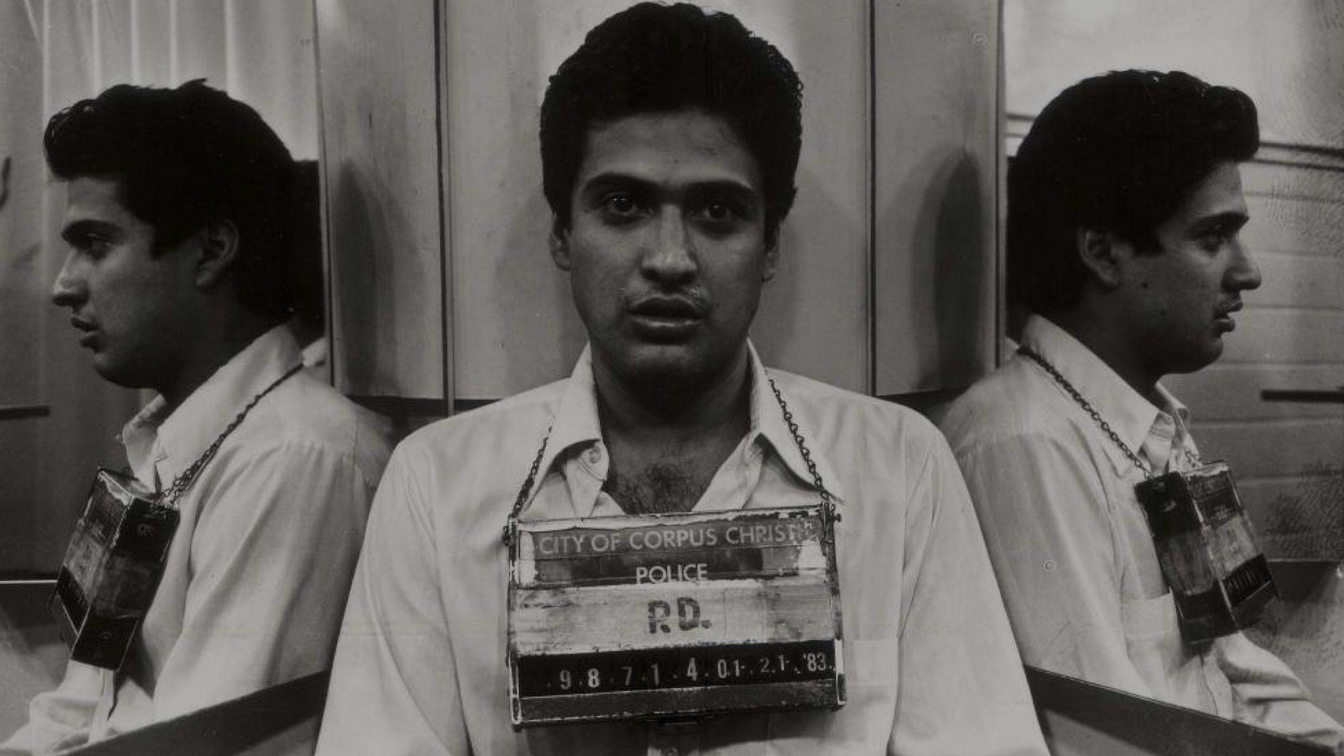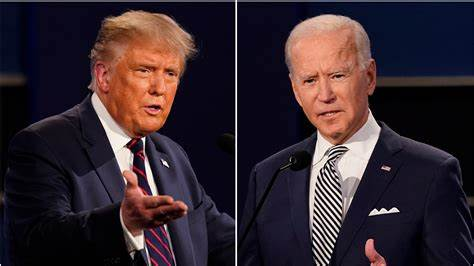ENG-W 270: AN editorial Community
Cruel & Unusual
A Modern Argument Against the Death Penalty
Explore The argument for Abolition
Federal Execution Chamber in Terre Haute
Chuck Robinson/Associated Press
Introduction
Daniel Lee. Lezmond Mitchell. Kieth Nelson. Wesley Purkey. Alfred Bourgeois. Dustin Honken. William LeCroy. Christopher Vialva. Orlando Hall. Lisa Montgomery. Brandan Bernard. Corey Johnson. Dustin Higgs. Those are the names of thirteen prisoners killed by lethal injection during the Trump Executions. Prior to their rushed and violent executions, the U.S. federal government had not carried out a single execution in almost twenty years (Hale; Karvosky).
Instead of protecting these prisoners’ constitutional rights, the Supreme Court submitted to the bureaucratic will of the Trump administration’s to push through executions. The circumstances surrounding the Trump executions provide a meaningful vehicle for questioning the usage and implementation of the death penalty in this modern era (Hale; Karvosky). The violence, the arbitrary nature, and unconstitutionality of the Trump Executions provides a clear argument to abolish the death penalty. Our Country needs to uphold its moral and constitutional obligations to all of its citizens.
Historical and Modern Context
The death penalty has been apart of the American Criminal Justice System since before we became a country. Historically, the death penalty was sentenced with extreme racial bias. White people would only be executed for crimes like murder while Black people would be executed for lesser crimes like rape, theft, and escape during slavery (Steiker & Steiker). Many Northern States abolished the death penalty in the mid 1800s but Southern States were far more less receptive. The Federal death penalty has always been availiable and was only paused during Furman v. Georgia which ruled the death penalty as too arbitraily applied. The “1976 cases” allowed for a appropriately constrained death penalty and the 1994 crime bill expanded the death penalty (Karvosky).
1607-1776
Pre Colonial Period of Death Penalty
1976
“1976 cases” allow for constrained death penalty
1776-1865
Northern Abolition Period, Southern institution of explicit racial codes
1988
CCE Provisions allow for Federal Death Penalty
1865-1972
Death penalty is arbitrarily applied
1994
Joe Biden largely authors the 1994 Crime Bill package that expands the death penalty
1972
Furman v. Georgia: abolishes the death penalty for being too arbitrary
2019-2020
Trump Administration rushes the execution of 13 long term death row inmates
Moral Argument
“The Commonwealth shouldn’t be in the business of putting people to death. Period. I believe that in my heart. This is a fundamental statement of morality. Of what’s right and wrong. And I believe Pennsylvania must be on the right side of this issue.” -Pennslyvania Governor Josh Shapiro on the continued mortarium on executions
Cruel and Unusual
The death penalty “is a relic of the earliest days of penology when, slavery, branding, and other corporal punishments were commonplace” - Hugo Adam Bedau for the ACLU
You cannot argue that lethal injection is not a direct outcome of America’s history of violent, corporal punishment. Pentobarbital overdose, the method utilized by the federal government and a majority of active death penalty states, has been shown to cause pulmonary edema in its victims. A pulmonary edema cause the prisoner to appear to die peacefully, but instead they are forced to suffer silently as they feel like they are being waterboarded (Hale).
Take a Hint!
It is simply not characteristic of a civilized society to engage in the premeditated killing of its own citizens. A proven comparison is shown through the European Union’s death penalty policies (Bedau). We need to follow the precedent set by many of our allied nations and abolish capital punishment. Why can we not identify the death penalty as inherently barbaric and unjust use of governmental power? If we claim as a society to respect and protect life, we should not deliberately kill human beings.
Context
There was such difficulty in procuring lethal injection chemicals for federal executions because the manufacturer of sodium thiopental agreed to stop manufacturing the lethal chemical to sell their other products in the European Union. The European Union has not only banned the death penalty within its member nations, but banned drug companies who manufacture drugs utilized in capital punishment from selling within the European market (Hale).
Death as Spectacle
Executions are “a spectacle of official homicide, and one that endorses killing to solve social problems (Bedau).” It is wrong to set that expectation for the general citizenry, to make the argument that the only effective retributive act for murder is a state sponsored killing. Does that not logically imply the righteousness in revenge killings or street retribution? Especially considering how families of the victims are flown out to watch the executions, being expected to get their closure by witnessing the murder of another human being at the hands of the state (Hale).
Racial Disparities
This blatant ignoring of the racial factors in capital sentencing has influenced the clear racial disparities in sentencing we see today.
One cannot argue that there is no inherent racial bias in capital sentencing. The racial bias threatens the sanctity of our criminal justice system and wholeheartedly puts itself in opposition to the Fourteenth Amendment.
Prisoners on Federal Death Row in 2023 (Race)

Data from Death Penalty Information Center
Race of Victims of those executed in 2023
Innocence
There is the risk of carrying out the ultimate punishment, death, on innocent civilians if the Criminal Justice system Continues to Sentence People to death.
One of the most egregious examples of an innocent person being executed is Carlos DeLuna, who was convicted of the murder of Wanda Lopez even though another man, Carlos Hernandez, was the real killer who bragged about Lopez’s murder for the rest of his life. A Chicago Tribune investigation found five separate people who described Hernandez calling DeLuna his “stupid tocayo,” or namesake and Hernandez admitting to stabbing Lopez and another woman in 1979. This case is so wholly relevant to the death penalty debate because it proves that an innocent person has been executed since the death penalty procedural overhaul following the 1976 cases. It wholly rebukes Justice Scalia’s opinion in Kansas v. Marsh that there has never been an innocent person executed in the modern history of the death penalty (Cohen).
Patrick Semansky/Associated Press
Further Implications
Our country currently stands firmly within a new era of capital punishment. We are at a point where a majority of Americans believe the Death Penalty is applied unfairly and only fifty three percent of Americans’ support the Death Penalty for those convicted of murder (Maher & Holsinger). With the upcoming presidential election, the fate of capital punishment in the United States is deeply linked to the outcome. A win from Biden could mean a continued moratorium on death sentences and potential commutation for all those on death row. It could also mean further change in the makeup of the Supreme Court. A win from Trump could mean a continuance of the execution policy exhibited at the end of his term, one that executes those on death row in arbitrary manner for political gain. It could mean further Supreme Court precedent that empowers capital punishment and diminishes the protected constitutional rights of those on death row.
The death penalty is not a topic that we as Americans can ignore, we must call for abolition of this abhorrent practice. While many cite a false logical argument that the death penalty is a just retribution for murder, one must consider the right role of the government. Should we support a government that kills its citizens? One that participates in the premeditated, orchestrated murder of prisoners who have suffered for ten to thirty years on death row. We must call upon our legislatures, on the national and state level, to change capital sentencing codes, to move away from cruel and unusual punishment.
Reach out to the author by email or linkedin!
helmckin@iu.edu
Linkedin






